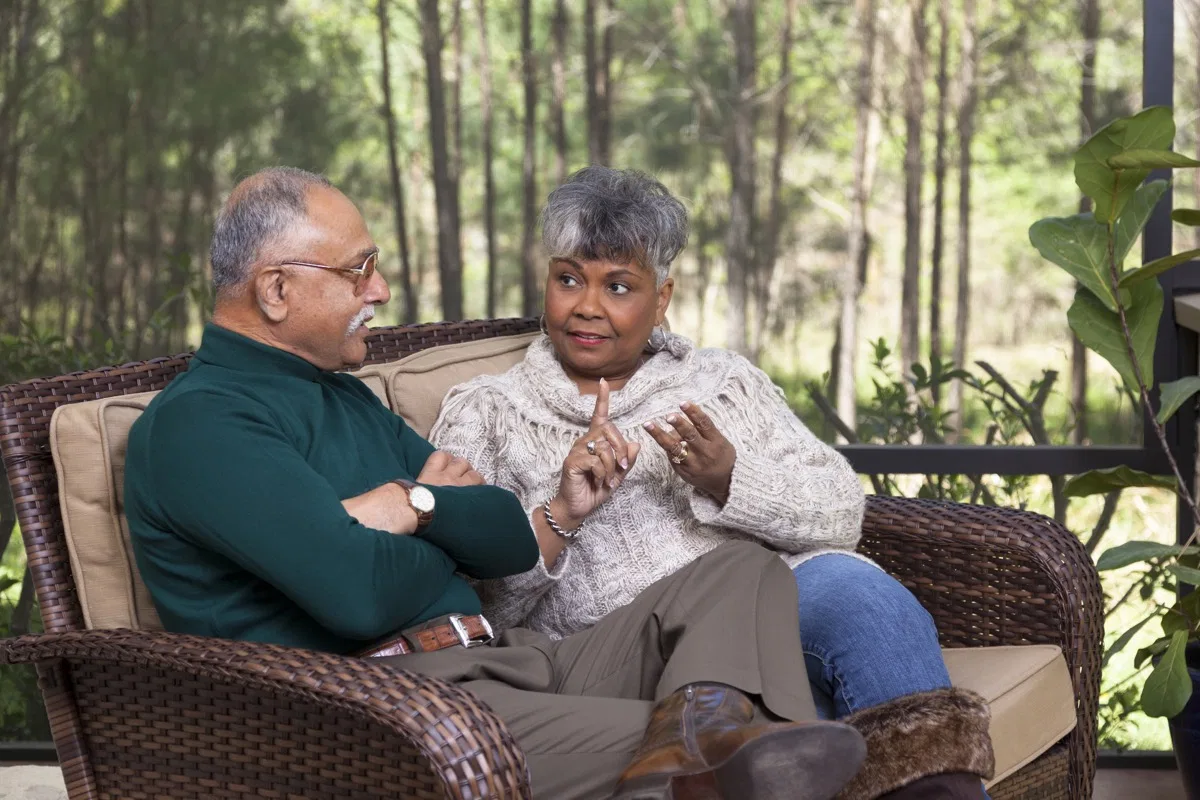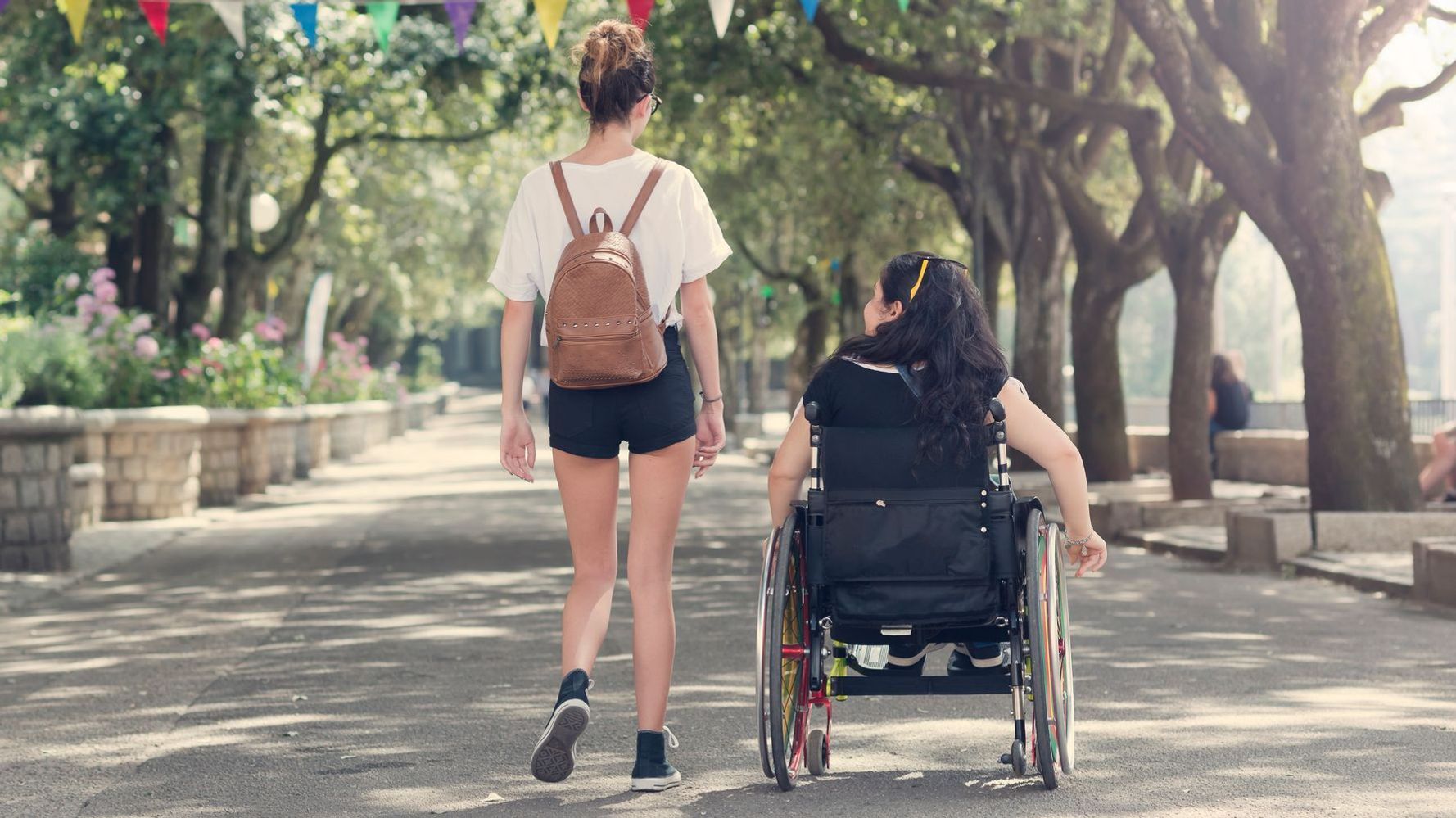It’s not that talking about death with your parents or other loved ones will be fun as much as how difficult and awful everything can be if you don’t have the talk. Think about the people you leave behind.
Here’s a video about Talking To Your Parents About Death and a functional follow up of 12 Tough Questions to Ask Your Parents.
If someone is reluctant to talk, share how a lack of planning and reluctance to talk about death can fracture families.
In this video we talk about how to respond to the more extreme death deniers in your family, and provide helpful responses to the many deflections you may have to contend with.
To make the conversation more lighthearted and approachable, you might want to try the Starter Kit from the Conversation Project. Finally, here is a robust list of further resources from Dying Matters.
Death-education and preparedness stands to help everyone in your community. But what if you’re worried that your desire to talk about death will send a suicidal friend or relative over the edge? Or, what if you’re the one with the history of suicidal ideation, and bringing up death preparation makes the people in your life concerned? How can you help them calm down and listen? A licensed clinical counselor, weighs in, in this article.
Over the past year death, tragedy, and mortality has, for many, felt closer than ever, and the simple question of “How are you doing?,” can feel loaded. How can we navigate death talk in light of this? We want you to know it’s OK to talk with your friends and family about death right now.



